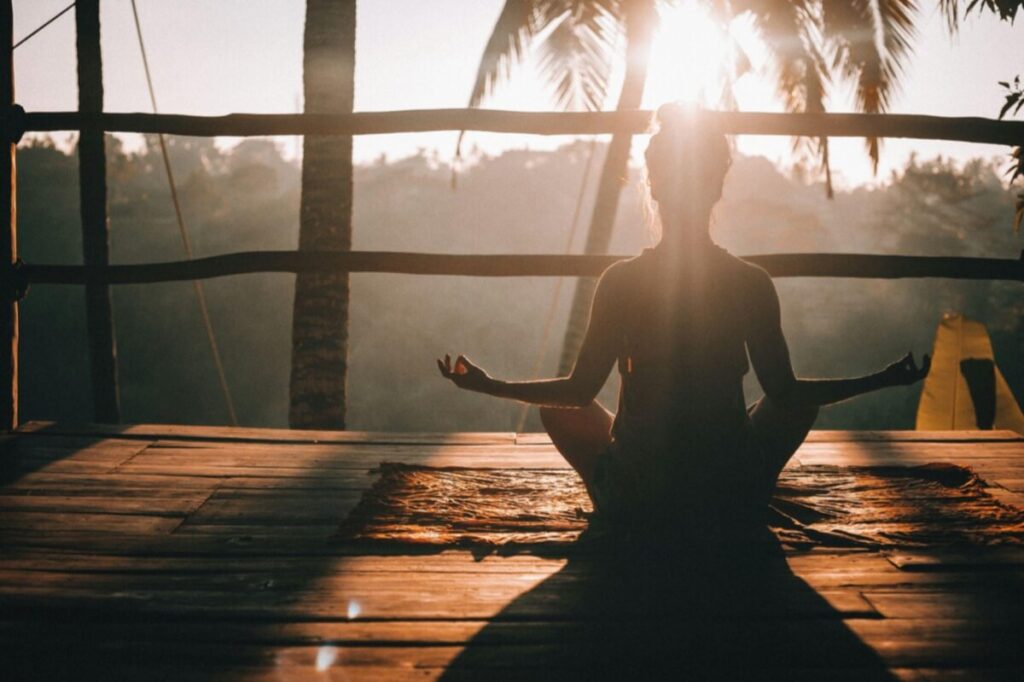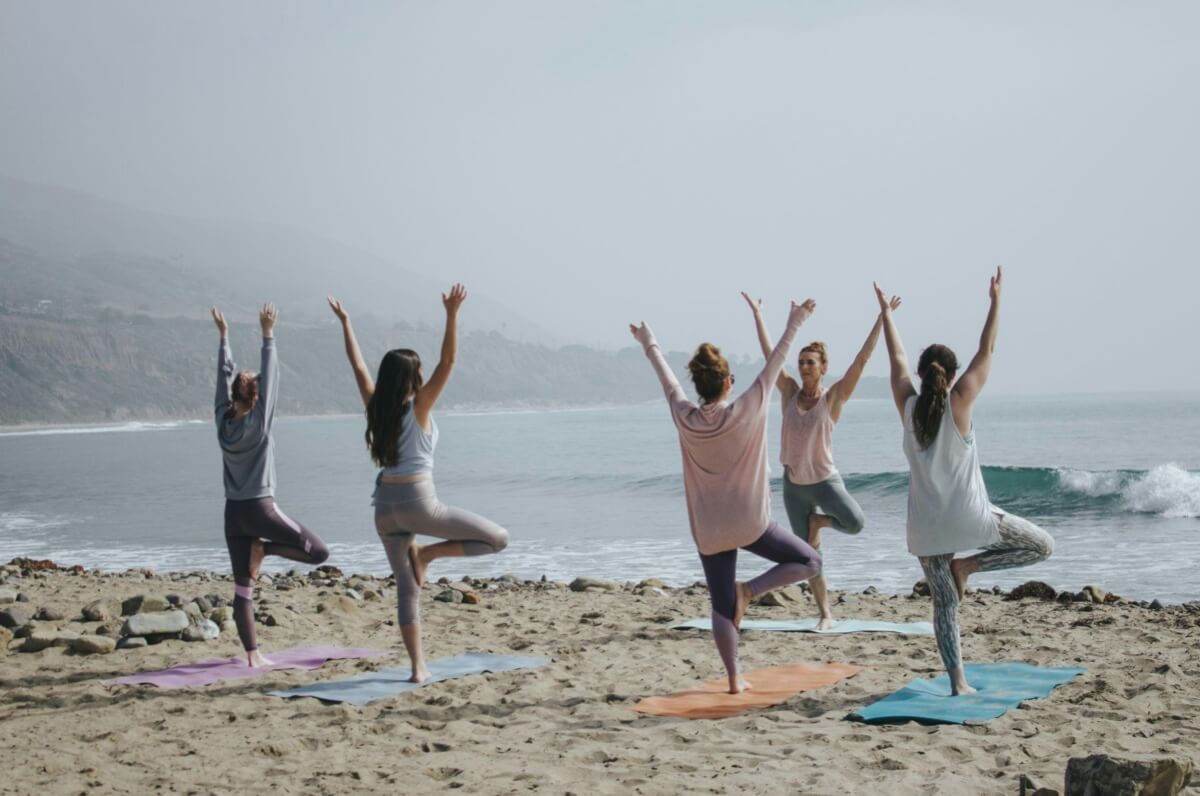Between long commutes, packed schedules, and the endless noise of digital life, finding inner calm can feel like a luxury in modern cities. Yet across Metro Vancouver, a quiet shift is taking place. People are rediscovering slower rhythms, seeking mindfulness, and prioritizing physical and mental restoration. Many are turning to holistic practices like massage therapy in Langley as part of a broader commitment to wellbeing. This growing movement isn’t just about relaxation; it’s about reclaiming balance in a city that never seems to slow down.
The Urban Wellness Paradox
Vancouver is known for its natural beauty, yet urban life here mirrors global trends: high stress, screen fatigue, and a sense of disconnection. Ironically, many residents live minutes from mountains and ocean views but spend most of their time indoors, battling burnout.
Researchers from Simon Fraser University have observed that “urban overstimulation” can elevate cortisol levels and reduce attention spans, making even leisure time feel unproductive. It’s no wonder, then, that mindfulness classes, yoga studios, and wellness clinics have multiplied across the Lower Mainland in recent years. The desire for groundedness has become a defining cultural trend.
Beyond Fitness: A Holistic Mindset
The wellness movement in Vancouver has evolved beyond physical exercise. It now emphasizes mental, emotional, and social health. Practices like meditation, aromatherapy, and bodywork are viewed as essential, not indulgent. Massage therapy, in particular, has gained traction as a preventive and restorative tool that complements active lifestyles.
Unlike traditional spa treatments, therapeutic massage addresses more than muscle tension; it improves circulation, regulates the nervous system, and supports mental clarity. For professionals balancing work stress and long hours, a single session can reset the body’s stress response and promote better sleep quality.
Community and Connection
An often-overlooked part of wellness is the sense of belonging it creates. Community-based wellness spaces are thriving across the region, offering group classes, shared relaxation areas, and workshops that encourage connection. Many residents report that these shared experiences feel like an antidote to isolation, a reminder that balance isn’t only personal but collective.
In Langley and surrounding areas, wellness centers combine physical therapy with community events and mindfulness coaching. The goal isn’t just to treat symptoms but to cultivate long-term resilience. This holistic approach reflects a deeper understanding that emotional and physical health are intertwined.
The Science of Slowing Down
Science increasingly supports what ancient healing traditions have long known: slowing down is vital for health. Studies from the University of British Columbia show that even 15 minutes of quiet reflection or mindful breathing can lower blood pressure and improve focus. Massage therapy, meditation, and deep-breathing techniques all trigger the parasympathetic nervous system, often called the body’s “rest and digest” mode.
When activated, this system reduces heart rate, enhances immune function, and helps the body repair itself. In other words, stillness is not a luxury; it’s biology.
The Role of Nature in Urban Wellness
One reason Vancouver’s wellness movement feels unique is its relationship with nature. From seawall walks to forest bathing in Stanley Park, residents have access to natural environments that make mindful living more attainable. Research consistently shows that exposure to green spaces can decrease anxiety and increase overall life satisfaction.
Wellness professionals are increasingly integrating outdoor settings into their services, yoga on the beach, meditation in community gardens, or outdoor massage retreats designed to align the body with the natural world. These experiences remind participants that balance often begins outside the walls of the city.
The Workplace Wellness Shift

Employers are taking note of this cultural transformation. Vancouver-based companies are incorporating wellness programs into office culture, offering flexible hours, ergonomic design, and access to on-site or partnered massage therapists. This isn’t just generosity; it’s strategy. Healthier employees are more creative, focused, and productive.
Workplace stress remains a major cause of burnout, but organizations that encourage mindfulness and recovery see measurable benefits in employee retention and morale. The wellness economy, once seen as a niche, has become a driver of professional sustainability.
Personalizing the Path to Balance
There’s no single formula for wellness. For some, it’s early morning yoga; for others, evening walks or occasional massage therapy sessions. The most successful approaches are flexible, realistic, and responsive to individual needs. The wellness movement in Vancouver encourages personalization, meeting people where they are rather than prescribing rigid routines.
Technology, often blamed for stress, is now being repurposed to support balance. Apps for breathwork, mindfulness reminders, and guided stretches have become digital companions in the pursuit of calm. What matters most is consistency, not perfection.
A Culture of Care
What began as a trend has grown into a defining feature of West Coast living. Vancouver’s wellness community embodies a culture of care, care for the body, the mind, and the environment. As more residents embrace holistic living, the city itself begins to reflect that shift through urban design, corporate policy, and healthcare integration.
For those seeking a grounded start, clinics such as Bishop Massage & Wellness in Langley exemplify how individualized care and therapeutic touch can restore both body and mind. Their approach aligns with research from the University of British Columbia’s School of Kinesiology, which shows that consistent restorative practices, including massage, play a measurable role in stress reduction and overall well-being.




Comments are closed